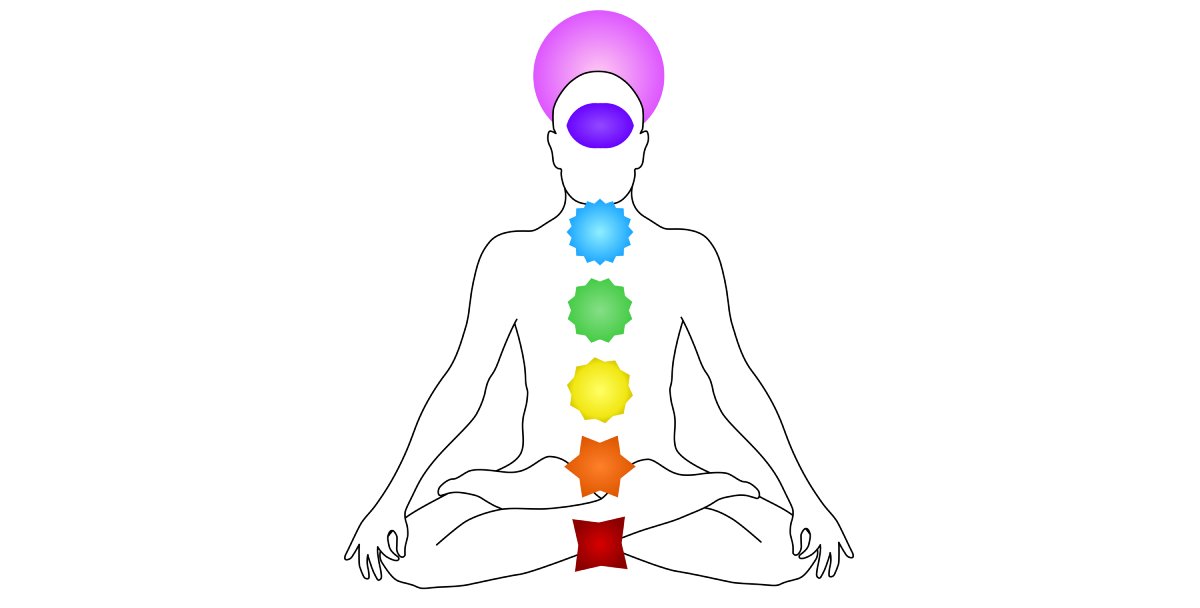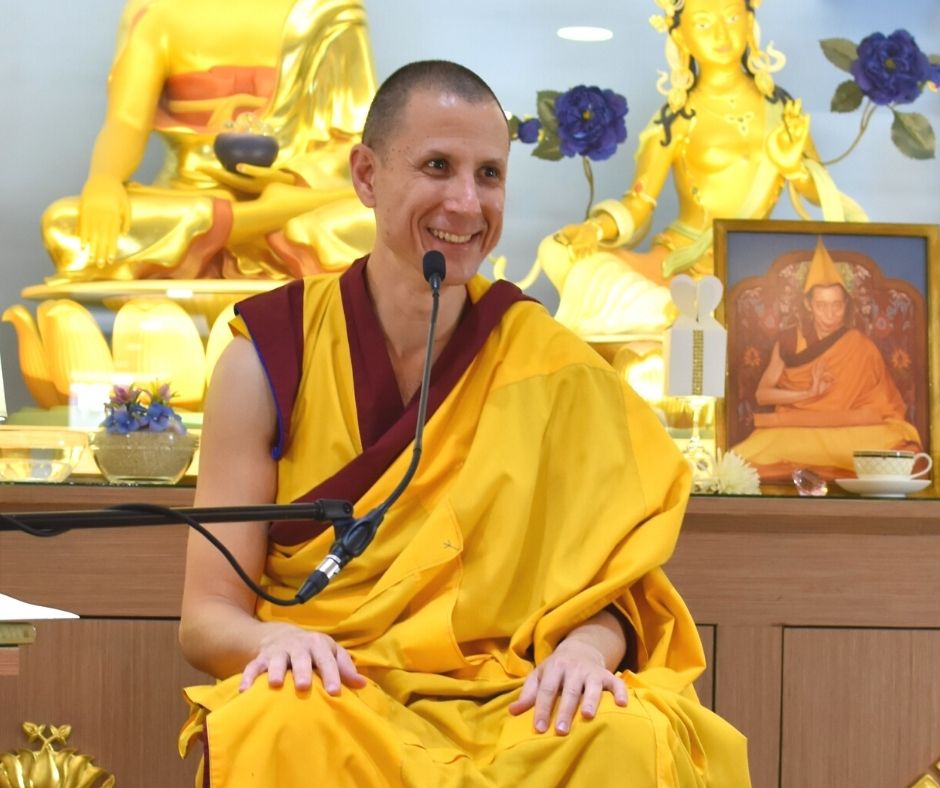A Guided Walking Meditation for Daily Life
Take a break and boost your mood with this 12-minute walking meditation. The post A Guided Walking Meditation for Daily Life appeared first on Mindful.

Take a break and boost your mood with this 10-minute walking meditation.
By Mark Bertin July 17, 2017 Guided MeditationBefore you begin your meditation, find a quiet space to walk. It could be outdoors, or in a hallway, or even a large room, walking back and forth.
Walking meditation can be a formal practice, like watching the breath. Or it can be informal, bringing awareness to this everyday activity, whenever you need to travel from point A to point B. Walking meditation gives us an opportunity to gather our awareness which so often becomes distracted or even stuck when the mind is left to its own devices. Whether moving between floors of a building, on a city street, or in the woods, it is an opportunity to guide ourselves out of the distracted autopilot we live in throughout so much of our day.
Paying attention in this way, we stay safe by remaining fully aware of whatever is around. On any walk, hike, run, or other physical activity, without effort we may mentally check out—or we can practice awareness instead.
How to Do It
A 10-Minute Walking Meditation
1. As you begin, walk at a natural pace. Place your hands wherever comfortable: on your belly, behind your back, or at your sides.
If you find it useful, you can count steps up to 10, and then start back at one again. If you’re in a small space, as you reach ten, pause, and with intention, choose a moment to turn around. With each step, pay attention to the lifting and falling of your foot. Notice movement in your legs and the rest of your body. Notice any shifting of your body from side to side. Whatever else captures your attention, come back to the sensation of walking. Your mind will wander, so without frustration, guide it back again as many times as you need. Particularly outdoors, maintain a larger sense of the environment around you, taking it all in, staying safe and aware.If you find it useful, you can count steps up to 10, and then start back at one again. If you’re in a small space, as you reach ten, pause, and with intention, choose a moment to turn around.
2. Now for a few minutes, expand your attention to sounds. Whether you’re indoors, in the woods, or in a city, pay attention to sounds without labeling or naming, or getting caught up in whether you find them pleasant or unpleasant. Notice sounds as nothing more or less than sound.
3. Shift your awareness to your sense of smell. Again, simply notice. Don’t push or force yourself to feel anything at all, just bring attention to the sense of smell, whatever you discover.
4. Now, move to vision: colors and objects and whatever else you see. Patiently coming back each time something grabs your attention, or even if something needs addressing, like avoiding an obstacle. Staying natural, not overly rigid, not daydreaming and drifting, but with sustained awareness.
5. Keep this open awareness of everything around you, wherever you are. Nothing to do, nothing to fix, nothing to change. Fully aware, and walking.
6. In the last moments, come back to awareness of the physical sensations of walking, wherever else your mind found itself throughout the practice. Notice your feet again touching the ground. Notice again the movements in your body with each step.
When you’re ready to end your walking meditation, stand still for a moment again. Pausing, choose a moment to end the practice. As you finish, consider how you might bring this kind of awareness into the rest of your day.

 Troov
Troov 































